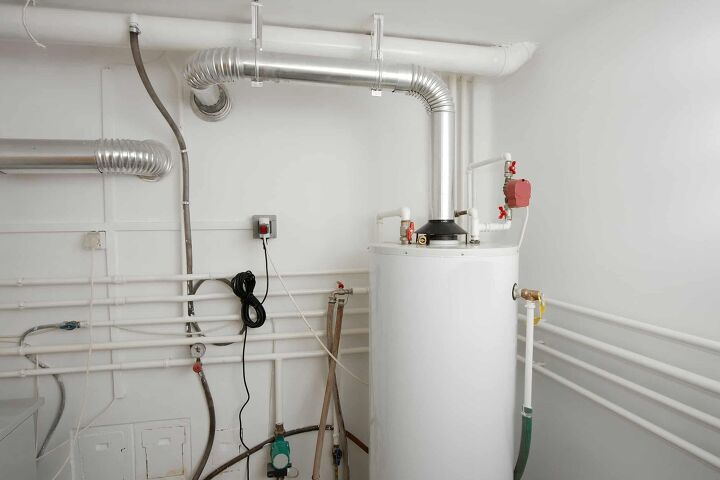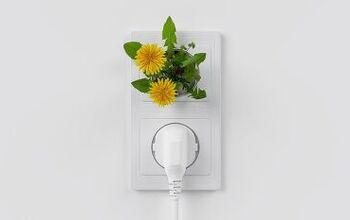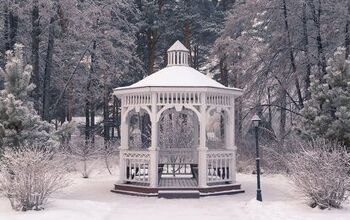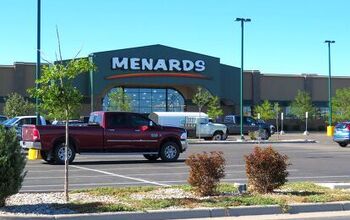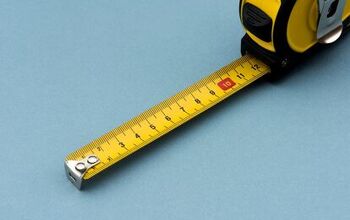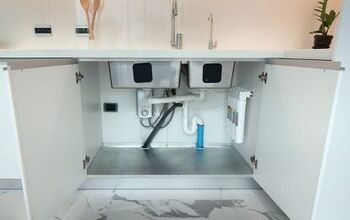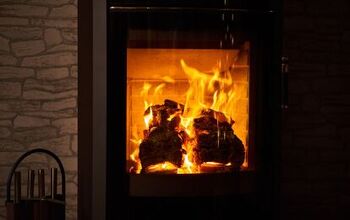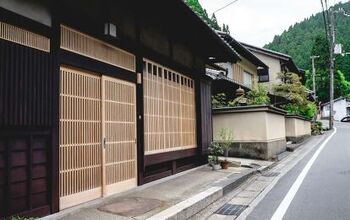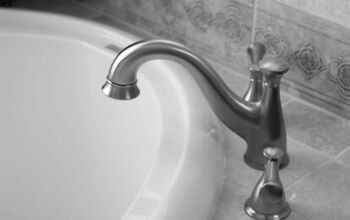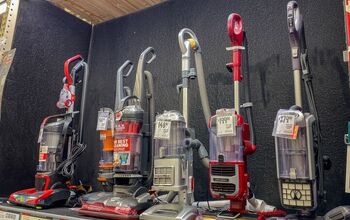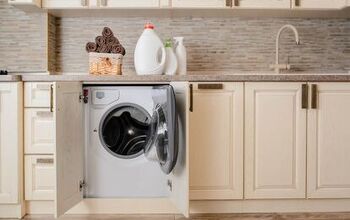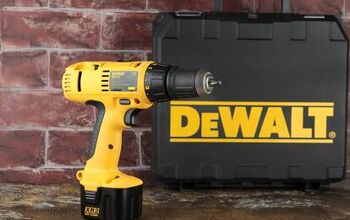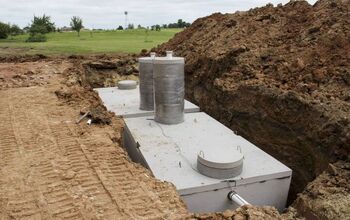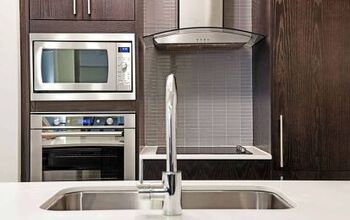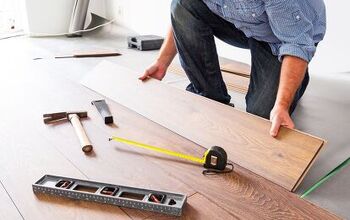Is Your Boiler Pressure Too High? (Possible Causes & Fixes)

Throughout the day the pressure in your boiler fluctuates, but always remains at a level that is not too high and not too low. Proper functionality is indicative of a boiler system that is somewhere between 1 and 1.5 bar. Though, the optimal range may differ slightly depending on your particular boiler.
Regardless, these are the numbers that your boiler system is designed to operate at. If the pressure in your boiler steps out of this range and is too high, the system will no longer work efficiently and could even lead to some deeper problems within the device.
Your boiler pressure can get too high if there is an excess of water inside the system. Leaks in your central air system can also sometimes cause the boiler pressure to read too high. Old boiler systems can experience high pressure due to damage or outdated parts.
Do You Need to Hire a Plumber?
Get free, zero-commitment quotes from pro contractors near you.

What is Boiler Pressure?
Simply put, pressure refers to the balance of air and water within the boiler system, including all the device’s mechanisms and pipes. In order to effectively heat the water that travels throughout your home, you want to ensure a balanced boiler pressure.
When the boiler pressure is both too high and too low, heating your home’s water is simply not possible and can even result in a number of other problems when left unchecked. In fact, issues with boiler pressure is one of the most common reasons homeowners opt to replace or upgrade their boilers.
How to Check If Boiler Pressure is Too High
When you understand the importance of balanced pressure in your boiler system, you may be thinking, “how do I know that my boiler pressure is too high?” This is exactly what the boiler pressure gauge is intended for. However, there are some other signs that indicate your boiler pressure may be too high.
The Boiler Pressure Gauge
The first thing you should do when you suspect your boiler pressure may be too high is to check the pressure gauge. The gauge will be placed on the actual boiler and will be either a digital display or an analog display, with a pointer.
The analog display looks similar to a speedometer or the face of a clock, with a needle that points to numbers around the edge. These numbers indicate boiler pressure levels and there will generally be some indication, either lines marking minimum and maximum or a shaded area, where the ideal range is.
For a gauge that is digital, you will often have other boiler information such as temperatures, timers, or whether the boiler is servicing hot water or central heating in the home. You may have to scroll through different menus or select various buttons until you reach the pressure indicator. Depending on your particular model, the screen may display an error message, signifying high boiler pressure.
Make sure that you have your boiler’s manual handy to understand the error codes that are displayed on the control panel. Error codes will run when any sort of issue is detected within the system. They can be a great way to catch boiler pressure issues early since they typically show up immediately on the pressure gauge.
Ideal Boiler Pressure Range
The numbers or colors on your pressure gauge will allow you to determine, at a glance, that the pressure in your boiler is too high. Overall, the safe spot, or green range, is between 1 and 1.5 bar. This is where you want your boiler pressure to sit and if you’re hitting well over 2.5, there is too much pressure in your boiler. Alternatively, a level that is below 1 indicates boiler pressure that is too low.
However, sometimes normal usage can cause the pressure gauge to spike, reaching higher levels. For example, if your boiler is heating up and multiple sources of hot water are being used at once, the pressure will naturally be higher than normal. It may even hit between the 3 and 4 range on the gauge. Though, this is no cause for concern, as once the hot water is turned off, the radiator will cool down and the gauge will shift back to more suitable levels.
Leakage
Although unlikely, in the case that the pressure gauge is malfunctioning, another tell-tale sign will be a leakage coming from the central heating system. Leaks generally begin at joints, and more often where pipework means radiators. If you’ve noticed puddling, you should check the boiler pressure.
Why is My Boiler Pressure Too High?
If you’ve determined that your boiler pressure is too high, there are a number of things that could be causing this. In some cases, it may only require a quick fix. Whereas, more complicated issues could necessitate calling in a professional or replacing the boiler entirely. Let’s examine the possible reasons why your boiler pressure is higher than normal.
Too Much Water in The System
The most common cause of higher than ideal boiler pressure is the existence of too much water in the system. This may be occurring because you’ve recently repressurized your boiler after it underwent low-pressure levels.
To check this, simply shut off the boiler and then examine the pressure gauge. If the gauge reads 1.5 or higher, you most likely have too much water in the system. To fix this issue, your best course of action is to release the excess water from inside the boiler.
Draining the water from the system requires you to bleed your radiator. This will release the extra water and return boiler pressure back to normal. Using a radiator key, or any other device that can safely turn the valve on the radiator, turn the valve to allow the water to drip out. While doing this, pay close attention to the pressure gauge and quit when it enters back into the green zone.
Boiler Age
The age of your boiler has a direct impact on its functionality and the pressure in the system. More specifically, if your boiler’s age has exceeded 10 years and you’re experiencing problems, there’s likely a connection.
Over time, boilers will suffer from performance problems and natural wear and tear. They will also experience pressure issues as they age. In this case, replacing your boiler with a new one is the most recommended way to fix pressure problems.
A repair may temporarily fix the problem but will ultimately delay the inevitable. A quick fix will not offer a long-term solution and will end up costing you more money in the long run. Upgrade to a new boiler to mediate your pressure issues.
Faulty Boiler Parts
There are many components in a boiler that are directly related to the pressure in the system. If these parts experience any sort of malfunction, they could cause the boiler pressure to rise, or you could have no pressure at all.
The most common offenders for unbalanced boiler pressure are the filling loop and the pressure release valve. The PRV, or pressure release valve, releases water when the boiler becomes over-pressurized. Locate the PRV behind your boiler, protruding on an outside wall. If this copper pipe is dripping, you should call in an engineer because there’s generally a deeper issue within your boiler.
On the other hand, the filling loop is a flexible metallic pipe found underneath the boiler and will have one or two black taps. Check that these taps are tightly close. If not, this may be the reason for your pressure issues.
Most often when the issue has to do with faulty boiler parts, it’s a quick and easy fix. However, in some cases, it may require purchasing and installing replacement parts.
Is Too High Boiler Pressure Dangerous?
In most cases, when boiler pressure is too high it is not dangerous. In fact, most boilers that become over-pressurized will shut down either because of the pressure release valve or simply because it cannot manage the strain.
While boilers can certainly explode, this won’t typically happen because of elevated pressure in the system. The worst-case scenario with too high boiler pressure will be soaked carpet or kitchen flooring because of leaks or a broken boiler.
Do You Need to Hire a Plumber?
Get free, zero-commitment quotes from pro contractors near you.

Wrapping It Up
If you determine that the pressure in your boiler system is too high, this may indicate that a fix is needed or that you should consider purchasing a new boiler. Regardless of your situation, you should now have a better understanding of what it means when boiler pressure is too high and how to correct the issue.

Jessica considers herself a home improvement and design enthusiast. She grew up surrounded by constant home improvement projects and owes most of what she knows to helping her dad renovate her childhood home. Being a Los Angeles resident, Jessica spends a lot of her time looking for her next DIY project and sharing her love for home design.
More by Jessica Stone



